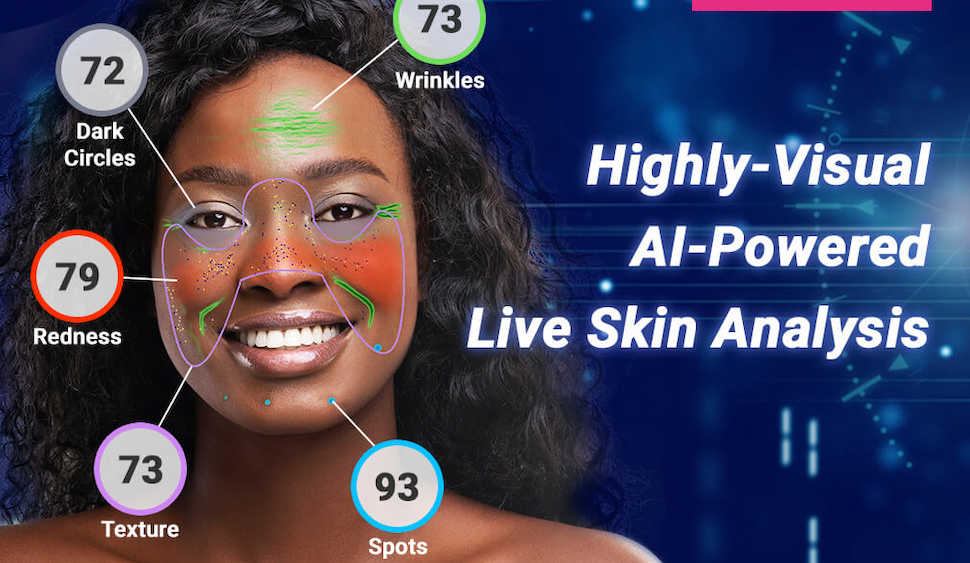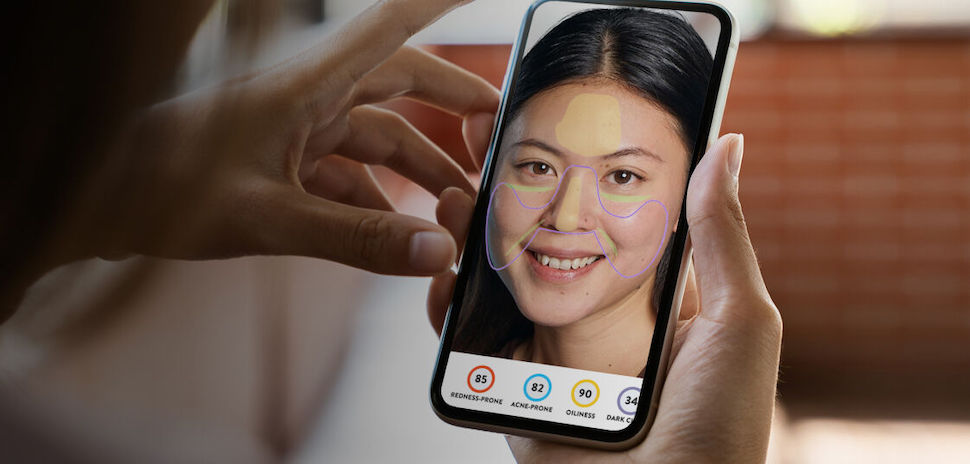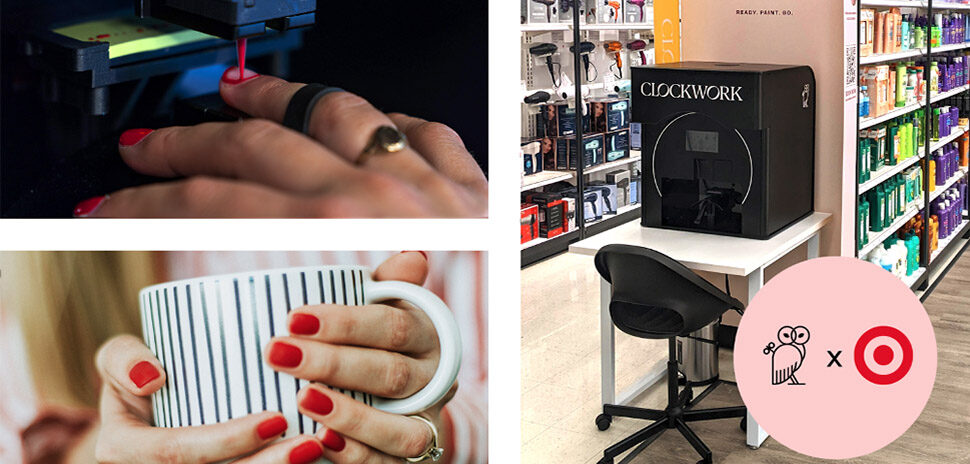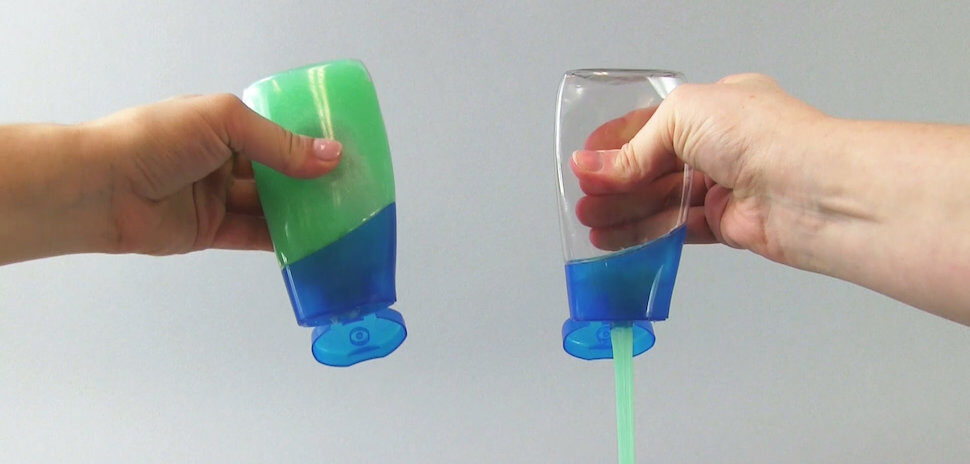Cetaphil—the Dallas-based, dermatologist-recommended sensitive skincare brand—wants to turn selfies into something truly useful. And now there’s a tool for that.
Today the company launched its Cetaphil AI Skin Analysis tool: a “comprehensive skin analyzer offering personalized skin assessment scores and skincare regimen recommendations in seconds.”
Cetaphil says that with the snap of a selfie, the tool’s tech compares the photo to a database of 70,000 diverse skin images. Then it delivers “an inclusive, personalized report revealing skin type, skin concerns, and proneness to various skin conditions.”
Curated insights from the tool include eight categories, including acne, redness, hydration, dark spots, and wrinkles. Armed with their selfie-generated results, consumers can then make more informed skincare decisions, the company said.
Powered by Perfect Corp.’s AI skin analysis technology

Perfect Corp’s AI Skin analysis technology powers the Cetaphil offering. [Image: Perfect Corp.]
Cetaphil’s tool is powered by Taiwan-based Perfect Corp., whose AI Skin Analysis technology provides a “clear, easy-to-follow user experience” on the Cetaphil U.S. website.
To use the tech, one must open the Cetaphil AI Skin Analysis on their mobile device by scanning a QR code here. That accesses the tech. Then it’s just a matter of taking a selfie and finding a lot of things about your face—along with how you can make it healthier and, presumably, even more selfie-rific.
Cetaphil says the innovative skin-scanning technology features “cutting-edge AI deep learning technology to deliver precise, personalized skin assessments in seconds.” It adds that the tech is “quickly transforming skincare retail by empowering skincare brands like Cetaphil to provide product recommendations tailored to each customer’s unique skin concerns.”
Complements Cetaphil’s existing Skincare Finder
“As the leader in sensitive skincare science, we’re committed to innovating inclusive, personalized solutions that ease the worries of those with this common skin concern,” Silvvina Nordenstohl, head of U.S. at Galderma, said in a statement. (Galderma is the parent company of Cetaphil; both are headquartered at Trammell Crow Center in downtown Dallas.)
“We’re proud to offer the Cetaphil AI Skin Analysis as a complement to our existing Cetaphil Skincare Finder, further helping consumers select which of our 70+ product solutions may be right for them and taking the guesswork out of daily skincare for sensitive skin,” Nordenstohl added.
Tested at Wake Forest School of Medicine
Cetaphil says Perfect Corp.’s technology recently underwent validation testing at the Wake Forest School of Medicine. “During the study, the technology was confirmed to have a 95% test-retest reliability rate, delivering consistent, highly accurate skin assessments with each scan,” the company said.
“AI skin tech can be a fantastic tool and useful first step in gaining an understanding of one’s personal skincare needs,” Dr. Steven Feldman, who led the study, said in a statement. “Bringing digital skin analysis results to a dermatologist appointment allows patients to have a more meaningful visit and productive conversation.”
![]()
Get on the list.
Dallas Innovates, every day.
Sign up to keep your eye on what’s new and next in Dallas-Fort Worth, every day.















![[Image: Ryzhi/istockphoto]](https://s24806.pcdn.co/wp-content/uploads/2019/02/Ryzhi_big-data-and-artificial-intelligence-domination-concept-vector-id1060622908-970x464.jpg)


















































